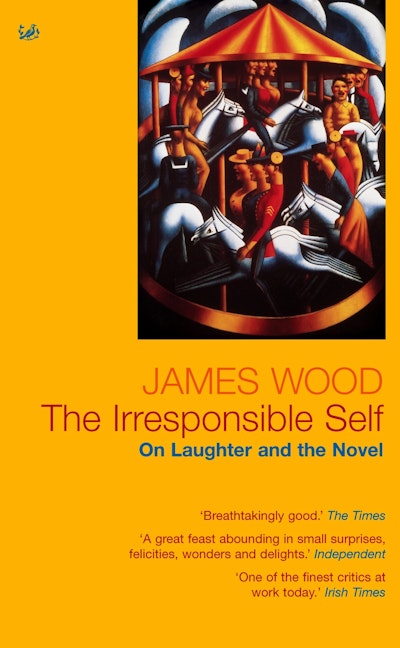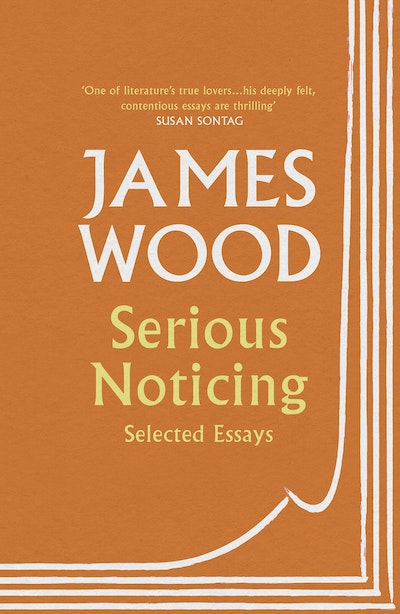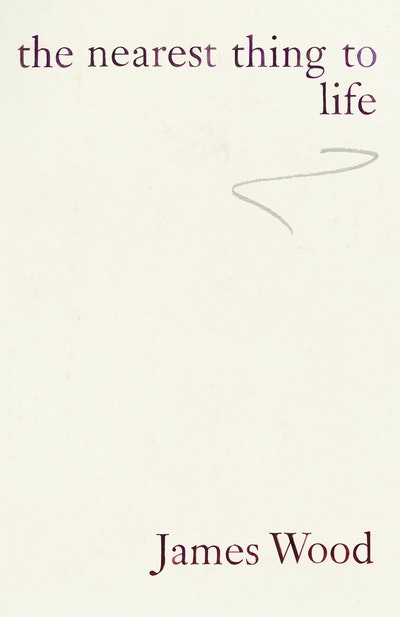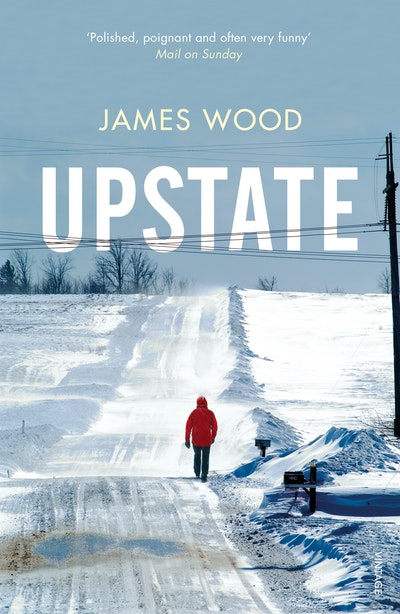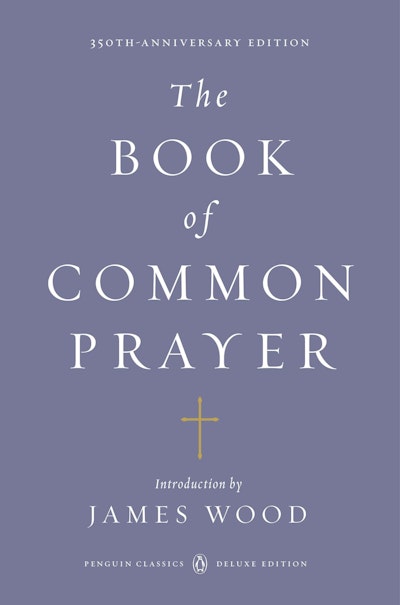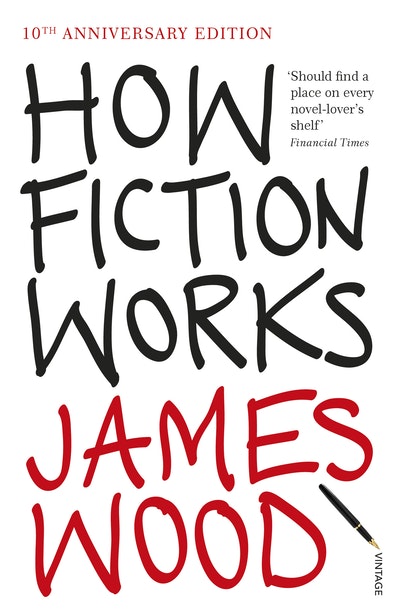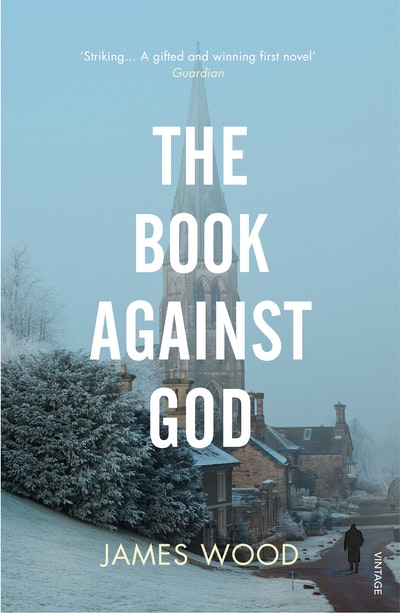- Published: 15 September 2005
- ISBN: 9781844130979
- Imprint: Pimlico
- Format: Paperback
- Pages: 320
- RRP: $45.00
The Irresponsible Self
On Laughter and the Novel
- Published: 15 September 2005
- ISBN: 9781844130979
- Imprint: Pimlico
- Format: Paperback
- Pages: 320
- RRP: $45.00
'It is [Wood's] secure observation that makes these essays so engaging and ultimately puts this corrective missionary critic on the side of the secular angels.' Russell Celyn Jones, The Times
'In a literary world which is so often either relaxed into the flabby indifference of review-speak, or corseted into position with the strings and eyelets of critical jargon, James Wood's tone is invaluable.' Robert MacFarlane, Times Literary Supplement
'Wood is one of the finest critics at work today, heir to Coleridge, Hazlitt and V. S. Pritchett...He combines the breadth and seriousness of Edmund Wilson with the pellucid prose style of Cyril Connolly...Wood pursues his craft with a high seriousness the like of which we had not thought to see again after the death of Lionel Trilling.' John Banville, Irish Times
